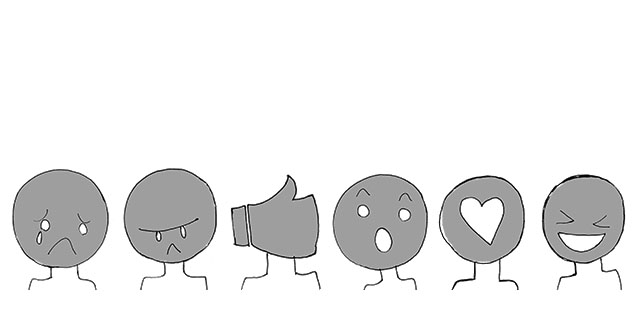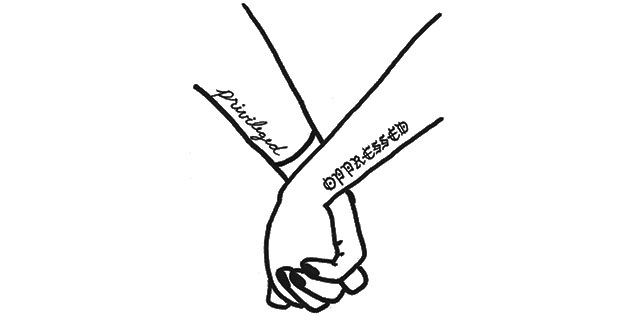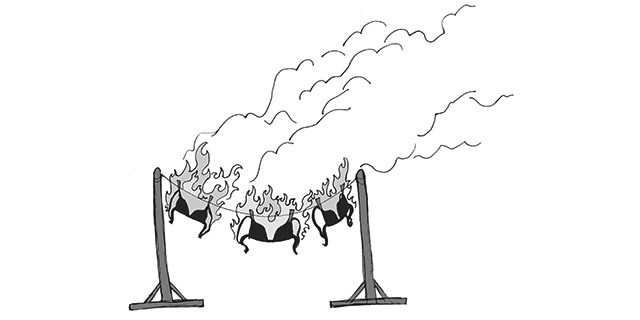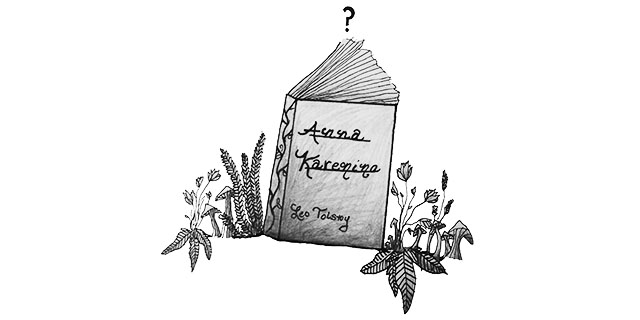
I remember trying to learn Spanish vocabulary and grammatical rules in 6th grade. Because my classmates and I struggled to memorize the difficult terms, our teacher tried to create a game to help us remember the terms: Spanish Jeopardy! While the opportunity to play a game seemed like a great idea because it did end up helping us learn, I look back now and see that it also fostered unnecessary competition in 12 year olds. Imagine a room of ten students all yelling out answers, hoping to be the first to answer correctly for full bragging rights for the rest of the class period. Looking back at this tradition, I often wonder if having students compete against one another is the best method to learn new material.
Children learn to compete for teachers’ attention and to try to impress by an excessive use of name-dropping, a particular type of behavior that the Merriam-Webster Dictionary defines as “the studied but seemingly casual mention of prominent persons as associates to impress others.” This competitiveness continues into high school, creating a difficult learning environment. Students become more focused on beating their classmates and naming as many impressive authors as possible to gain the attention of others rather than focusing on learning the necessary material.
Even beyond high school, competition for college and jobs seems to draw out a similar sort of attention seeking. People focus on embellishing their résumés in order to stand out. For example, students volunteer for organizations for the sole purpose of bragging about it during interviews. While it is important to volunteer for underprivileged individuals, doing it for the wrong reasons is not morally acceptable. By continuing this trend, people are spreading the message to others that it is normal and justified to participate in activities to gain attention and compete with others. And we see this same sort of self-promotion in the media. Some celebrities have been known to create organizations to help build their reputations and increase their fame. People should be more focused on participating in activities that make them fulfilled and that have the potential to make a true difference in the world.
Maybe if we reevaluate the way we promote competition in the early years, we can avoid more negative and even hostile learning environments later in life.




